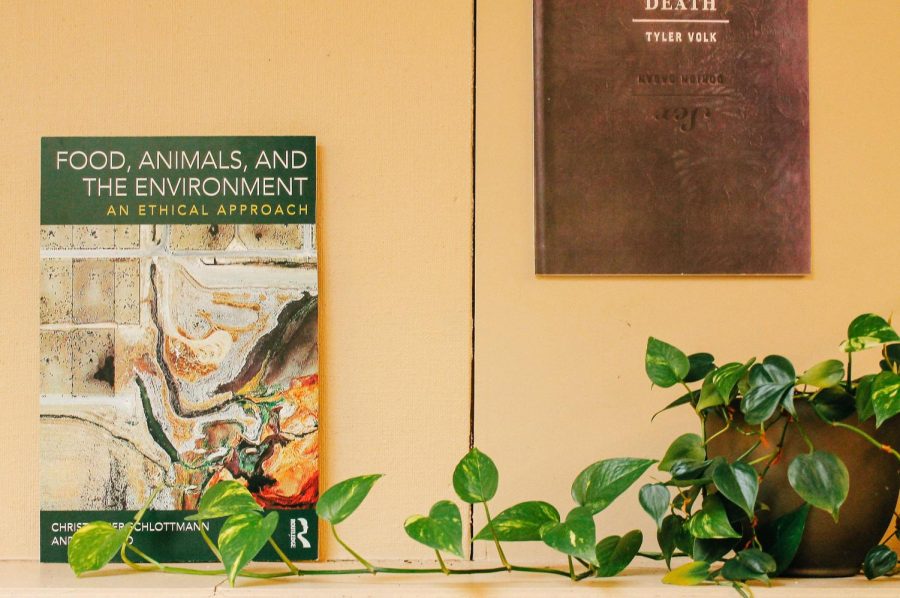NYU to Open Center for Environmental and Animal Protection
NYU will be opening a new Center for Environmental and Animal Protection.
April 26, 2018
On April 16, NYU announced plans for the new Center for Environmental and Animal Protection, an initiative aimed at combining the research of environmental and animal studies.
According to Jennifer Jacquet, who is an assistant professor of Environmental Studies and an affiliated faculty member of both the Stern School of Business and the Center for Data Science, the official launch of CEAP will be on Sept. 21 of this year.
Jacquet spoke to WSN about the importance of bringing together the separate fields of environmental and animal studies.
“[CEAP] has a research mandate and objective,” Jacquet said. “This has come about mainly because we see a void, a gap in the work that bridges these two sets of values.”
Jacquet spoke on the prevalence of intersectional issues between environmental and animal studies that can now be addressed through combined research at CEAP. She pointed to the fishing industry and meatless Mondays as examples of issues that concern both environmental and animal studies academics. CEAP will provide an outlet for the research of both to come together.
Department Chair of Environmental Studies and Associate Professor of Sociology and Environmental Studies Colin Jerolmack also spoke highly of the new center for research.
One of the goals of CEAP is to use research to make informed policy decisions based on how they affect the environment and animal life.
“[Our goal is] to produce and disseminate rigorous scholarship that informs environmental and animal policymaking and advocacy,” Jerolmack said in an email to WSN. “To be a bridge between scholars working on these issues and the private sector. To play a role in mitigating environmental degradation and reducing animal suffering.”
Jerolmack also praised the director leading this new program.
“The CEAP’s first director, Dale Jamieson, is one of the world’s most visible and highly respected scholars of environmental and animal ethics,” Jerolmack said.
Although NYU administration has been working on its own sustainability programs, Jacquet cited student demand as the main influence for this new research center.
“[There is] a real appetite for sustainability, not just among the administration, which is certainly true that I’d say the higher-ups have been interested a lot for a while, but also amongst students,” Jacquet said. “So if you look at our program for instance, this really grew out of student demand.”
Sofia Davis-Fogel graduated from NYU in 2013 after majoring in Environmental Studies and double minoring in Animal Studies and Metropolitan Studies. She said she wishes CEAP had been around when she was a student.
“Having studied both Environmental Studies and Animal Studies at NYU and finding surprisingly little overlap in their respective curricula, I think it’s especially exciting that there will now be an active effort to integrate environmental and animal protection issues — they truly are interrelated in extremely important ways,” Davis-Fogel said in an email to WSN.
Davis-Fogel expects CEAP to have a positive impact through the research being done and its applications.
“I see a lot of great outcomes that could be brought about by CEAP, but I’m especially excited about the prospect of creating new research that is applicable to policy making,” she said. “There seems to be great potential for CEAP to be really impactful in both policy and advocacy contexts.”
According to Jacquet, the program will be available to both graduate and undergraduate students. Interested students can also be on the lookout for upcoming events hosted by CEAP.
Email Darcey Pittman at [email protected].
























































































































































